1. Planet of the Apes (1968)
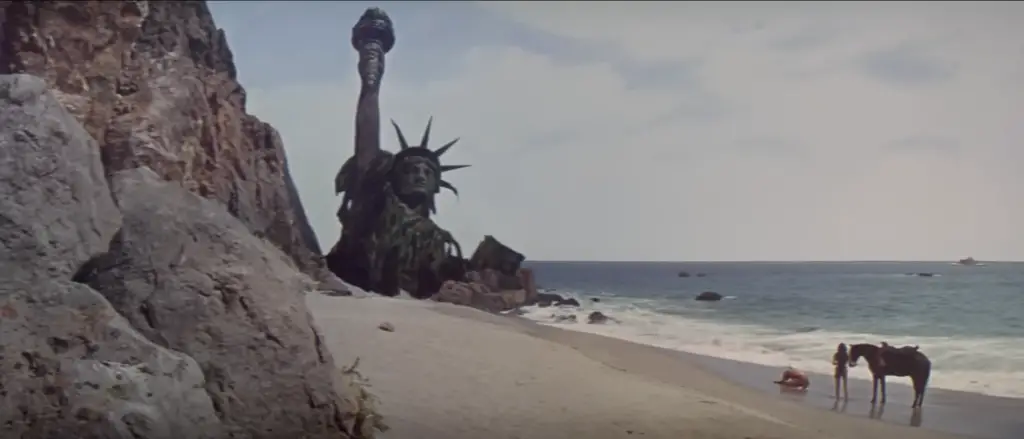
Although technically from the late 60s, this film had staying power well into the 70s and 80s and deserves a nod. That unforgettable image of the Statue of Liberty half-buried in sand revealed that humanity had destroyed itself. For boomers, it was one of the earliest cinematic twists that left an indelible mark.
Movies in the 70s and 80s had a knack for catching audiences off guard, especially with endings that veered into unexpectedly dark territory. These weren’t just “sad” conclusions—they often flipped the tone of the entire film or left us with existential dread long after the credits rolled. Baby boomers might remember watching these in theaters, not knowing they’d leave a lasting emotional mark. Let’s revisit these films and unpack whether their endings were thought-provoking, gut-wrenching, or simply too much.
2. Chinatown (1974)
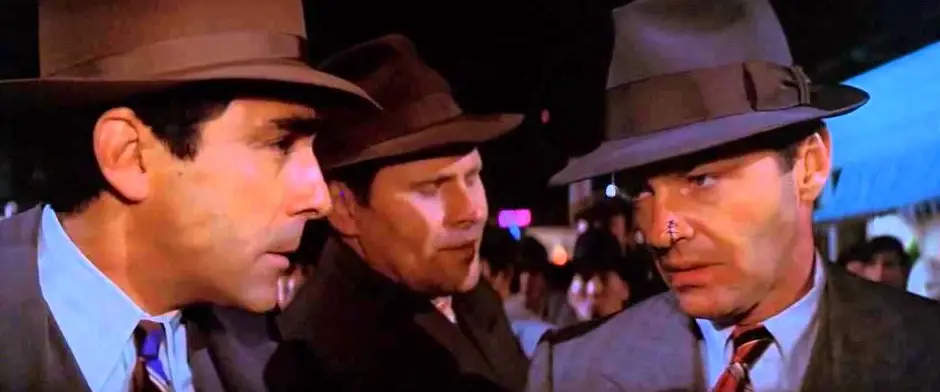
This neo-noir classic starring Jack Nicholson and Faye Dunaway is a masterclass in moral ambiguity, but its ending is outright devastating. When the corrupt power structures win, and Evelyn is killed, it leaves Jake muttering the iconic line, “Forget it, Jake, it’s Chinatown.” This gut-punch finale strips away any hope, forcing viewers to confront the grim reality of systemic injustice.
3. The Fog (1980)
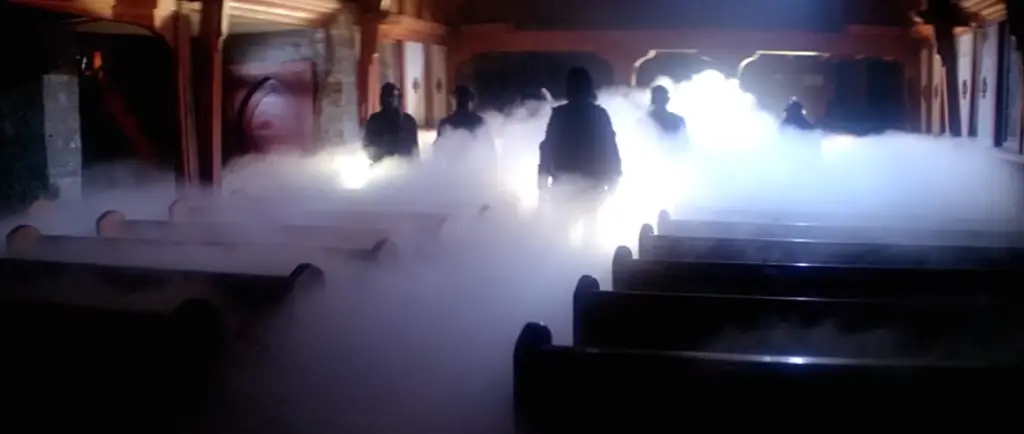
While the Frank Darabont adaptation is often remembered for its harrowing ending, the original 1980 version already hinted at bleak despair. In both iterations, the survivors face unimaginable loss and futility. The darker ending introduced in later years cemented the story as an emotional sucker punch, leaving audiences in stunned silence.
4. The Deer Hunter (1978)
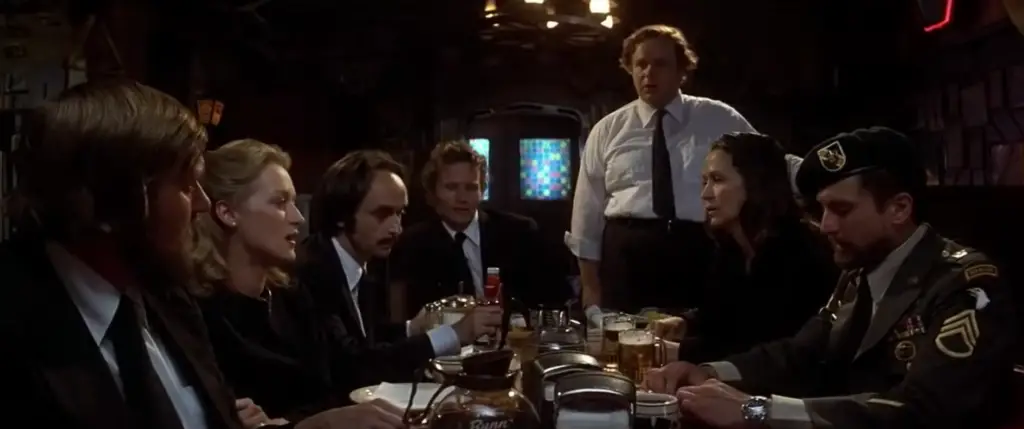
This harrowing Vietnam War drama builds toward a tragic climax with Nick’s death during a game of Russian roulette. The film ends with a mournful rendition of “God Bless America,” but the juxtaposition of patriotism and personal loss feels haunting rather than comforting. It’s a brutal reflection on the cost of war.
5. Scarface (1983)
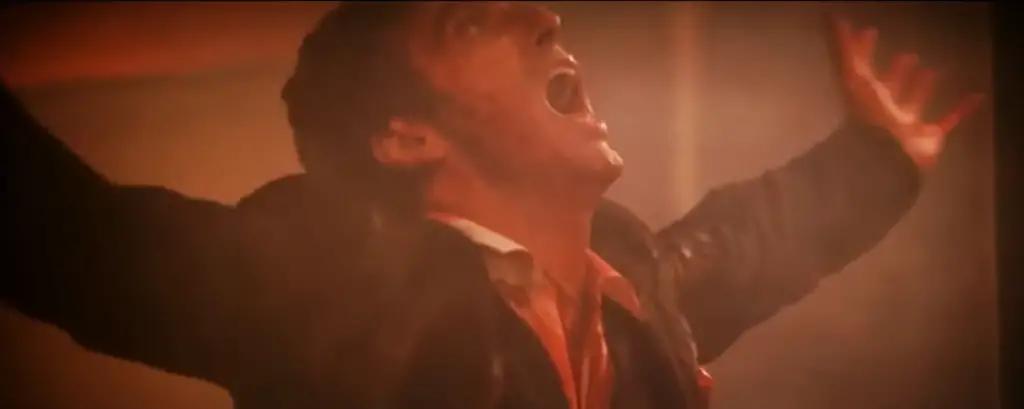
Tony Montana’s bloody downfall was certainly fitting for the character, but it’s still shocking how bleak his fate is. While some viewers may have cheered for his excesses being punished, others found the unrelenting violence and emptiness of his death sobering. The American Dream turned nightmare.
6. The Empire Strikes Back (1980)
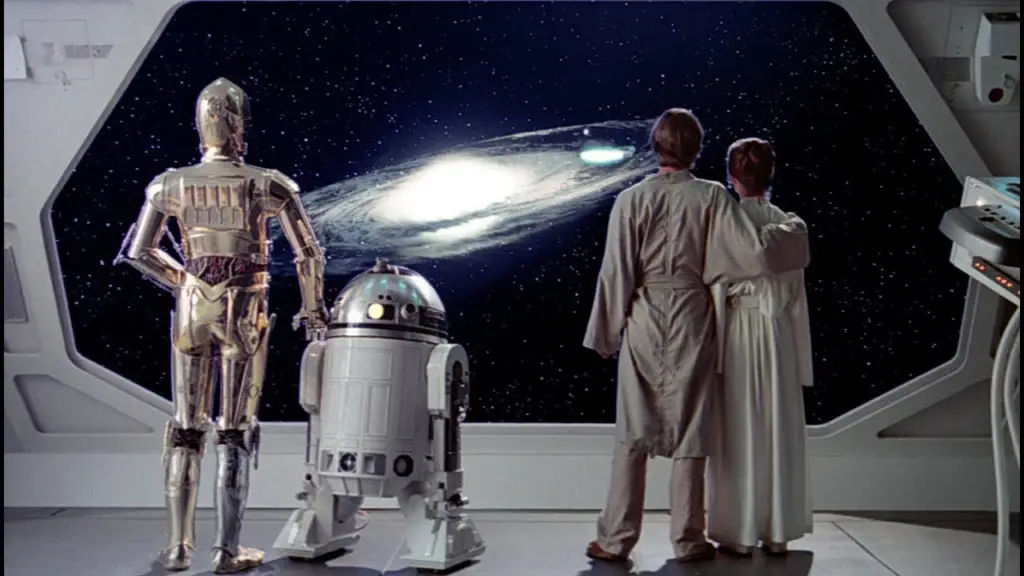
While this middle chapter of the original Star Wars trilogy isn’t bleak in the traditional sense, its cliffhanger ending was a gut-wrenching surprise. Han frozen in carbonite, Luke reeling from Vader’s revelation, and the Rebels on the run—it was darker and more unresolved than audiences expected.
7. One Flew Over the Cuckoo’s Nest (1975)
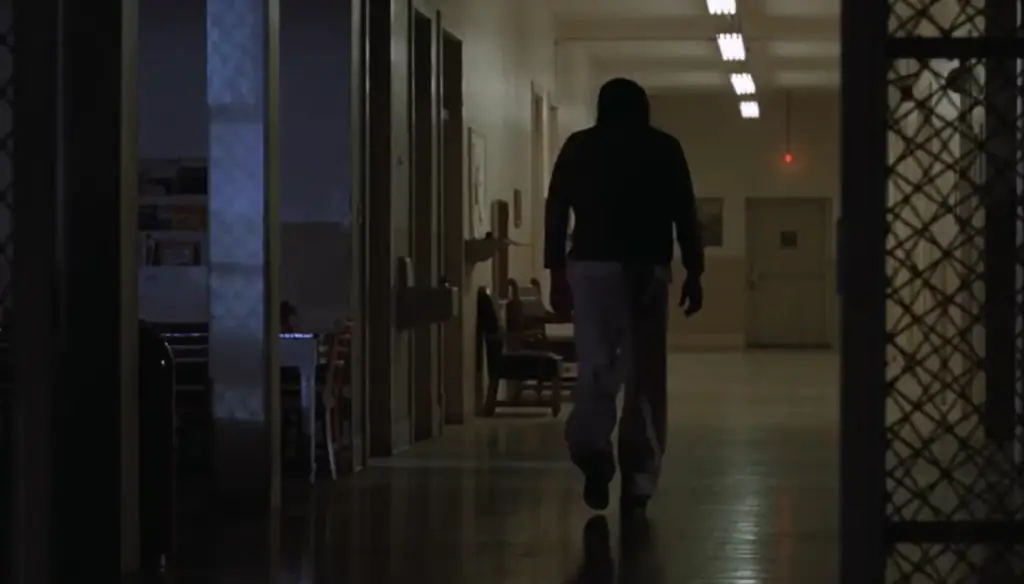
This iconic film offers one of the most emotionally devastating finales of the era. McMurphy’s lobotomy strips him of his spirit, and Chief Bromden’s decision to mercy-kill him is both heartbreaking and freeing. Viewers left theaters grappling with questions about institutional power and personal freedom.
8. Blade Runner (1982)
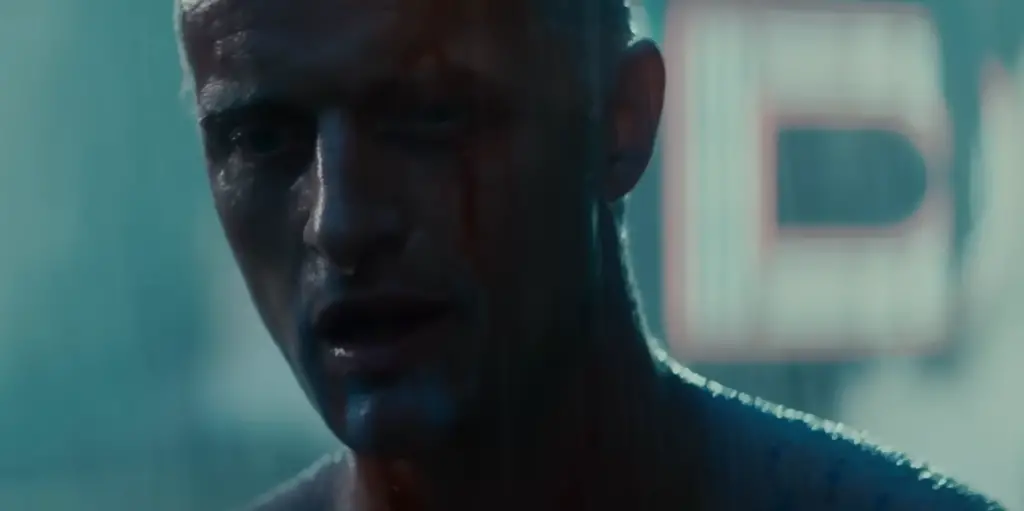
Depending on the version you watched, Blade Runner leaves you with either a cautiously optimistic or deeply unsettling conclusion. The ambiguity around whether Deckard is a replicant adds layers of existential dread, making the darker interpretations of the film resonate more deeply over time.
9. Brazil (1985)
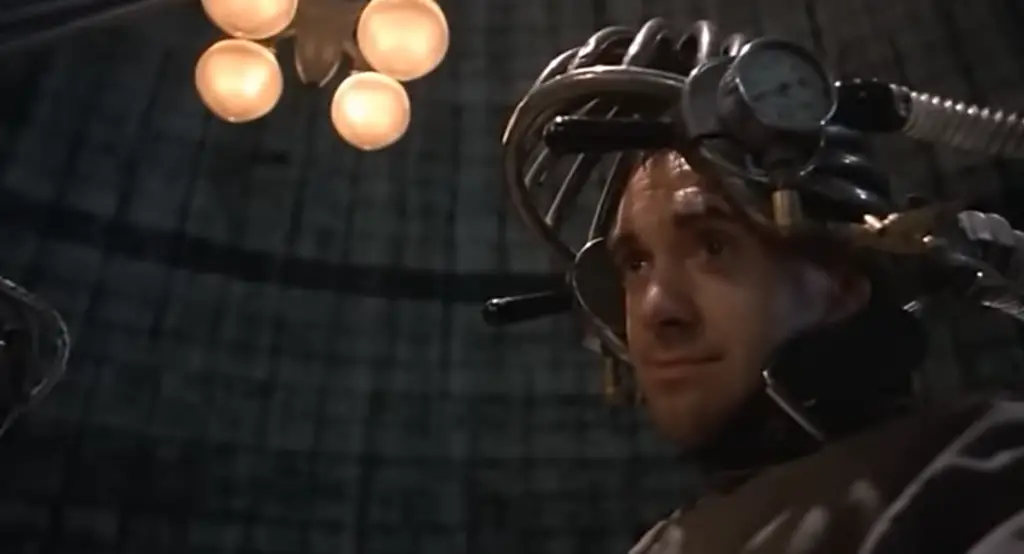
Terry Gilliam’s dystopian masterpiece delivers an ending that’s bleak beyond belief. After enduring endless bureaucratic oppression, Sam retreats into a dreamlike fantasy, but the audience is left with the crushing realization that he’s been lobotomized. It’s a slap in the face for anyone hoping for a happier conclusion.
10. The Thing (1982)
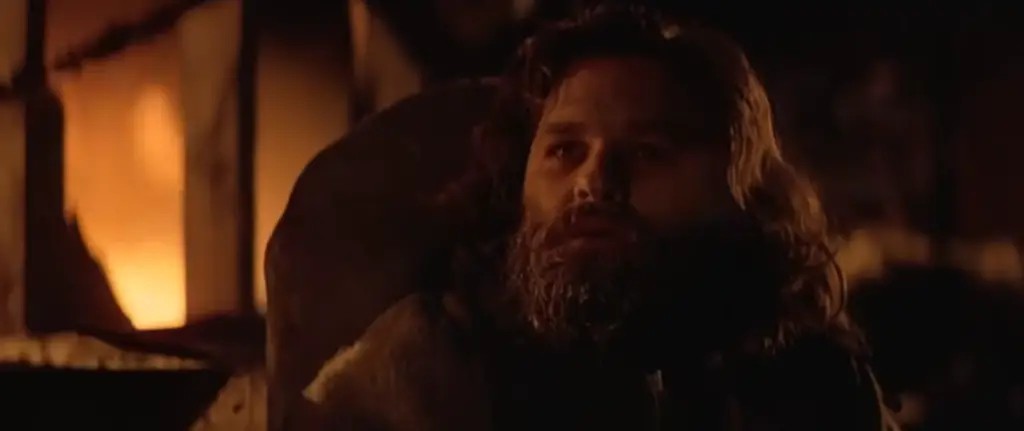
John Carpenter’s horror masterpiece ends with two survivors—MacReady and Childs—sitting in the freezing Antarctic, unsure if one of them is the alien. The ambiguity leaves viewers with a chill that’s as much psychological as it is physical. Did humanity survive, or did the Thing win?
11. The Graduate (1967)
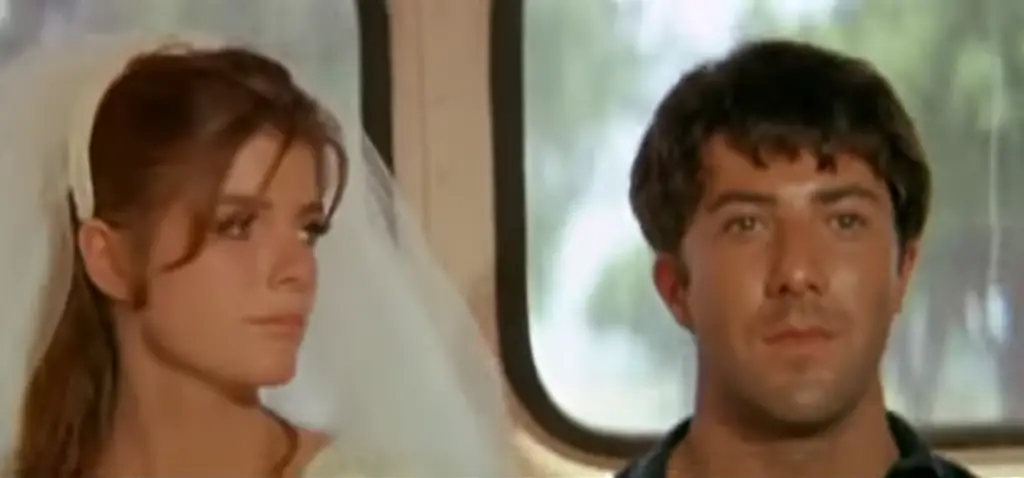
Although this film is often remembered as a comedy-drama, its final moments are far darker than many recall. As Benjamin and Elaine flee together, the excitement fades into silent uncertainty. Their expressions suggest doubt, highlighting how escape doesn’t guarantee happiness.
12. Return to Oz (1985)
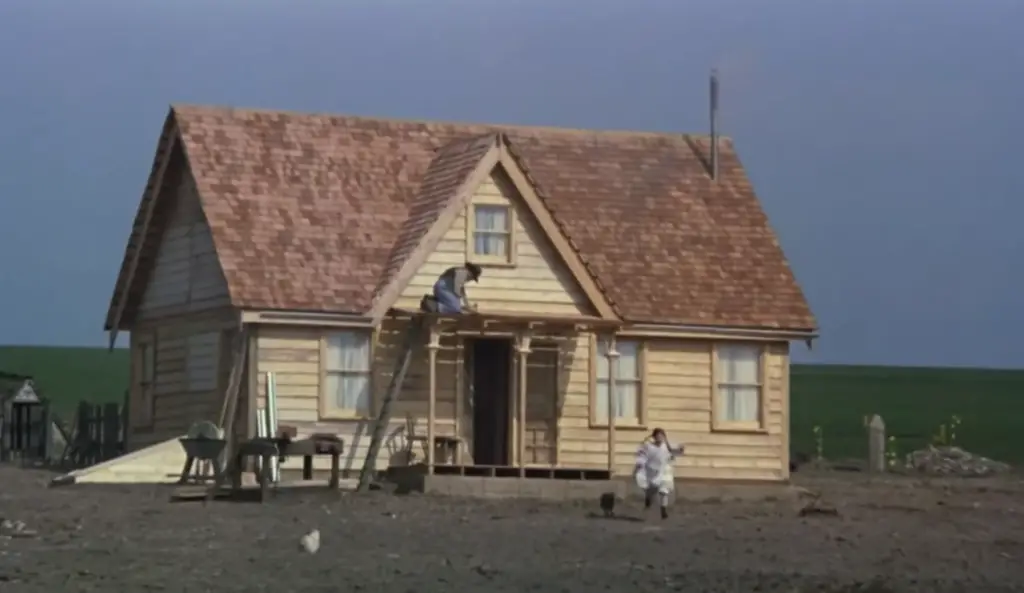
This sequel to The Wizard of Oz is far darker than its predecessor, and its unsettling ending reflects that tone. While Dorothy returns to Kansas, the lingering images of ruined Oz and the eerie, unhinged tone throughout the film leave a bittersweet aftertaste.
13. The Road Warrior (1981)
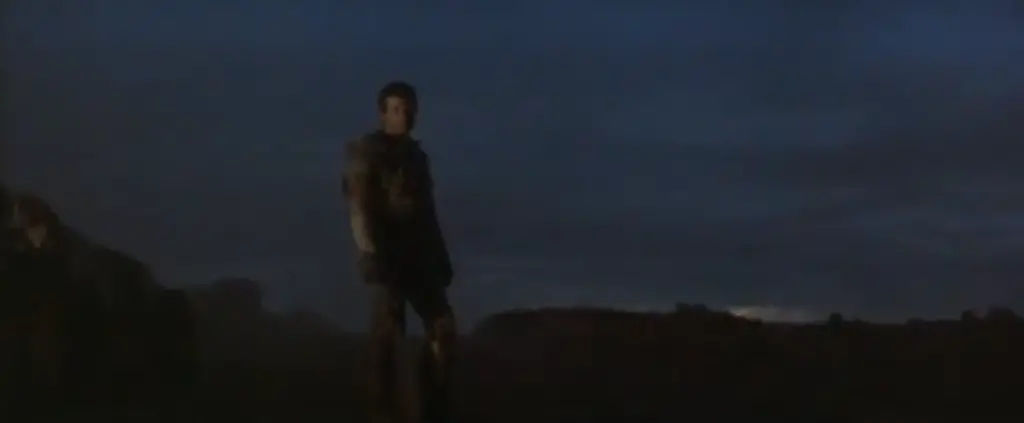
This action-packed sequel to Mad Max takes a sharp turn in its final moments. The revelation that Max was merely a pawn in the larger survival effort adds a sense of futility to his sacrifices. It’s a reminder that even heroes can be expendable in a post-apocalyptic world.
14. The Fly (1986)
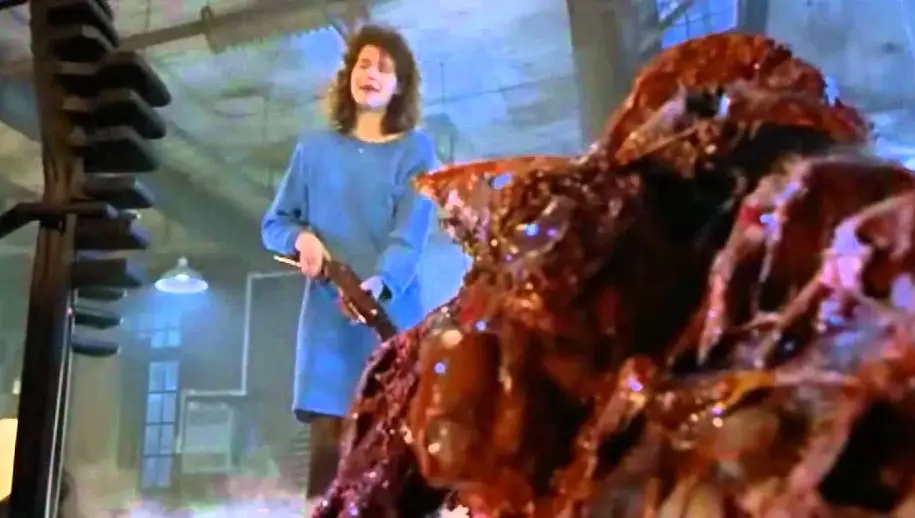
This gruesome sci-fi horror film builds to a heartbreaking finale when Seth Brundle, now fully transformed into a monstrous creature, begs for death. Veronica obliges, ending his suffering, but the emotional weight of his loss—and the grotesque journey there—lingers long after.
15. The Vanishing (1988)
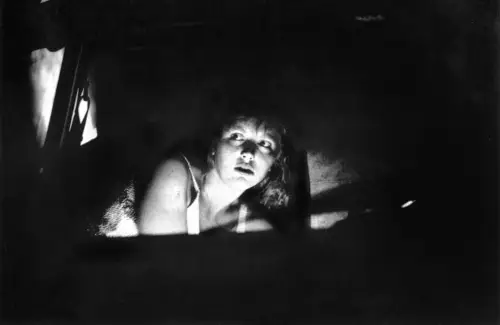
This Dutch thriller’s conclusion is as horrifying as it is unforgettable. The protagonist’s relentless search for his missing girlfriend leads to his own entrapment and death, buried alive by the man who kidnapped her. It’s a bleak and nihilistic ending that chills viewers to their core.
These movies from the 70s and 80s remind us how unexpectedly dark endings could elevate a film’s impact, lingering in our minds long after the lights came back on. They weren’t afraid to challenge audiences, offering gut-wrenching twists, moral ambiguity, or outright heartbreak that left us reeling. For some, the darkness felt like a necessary artistic statement, while others may have wondered if filmmakers went too far. But love them or hate them, these endings were unforgettable, shaping how we remember these films decades later. Whether they gave us chills or tears, these cinematic gut-punches left their mark.


